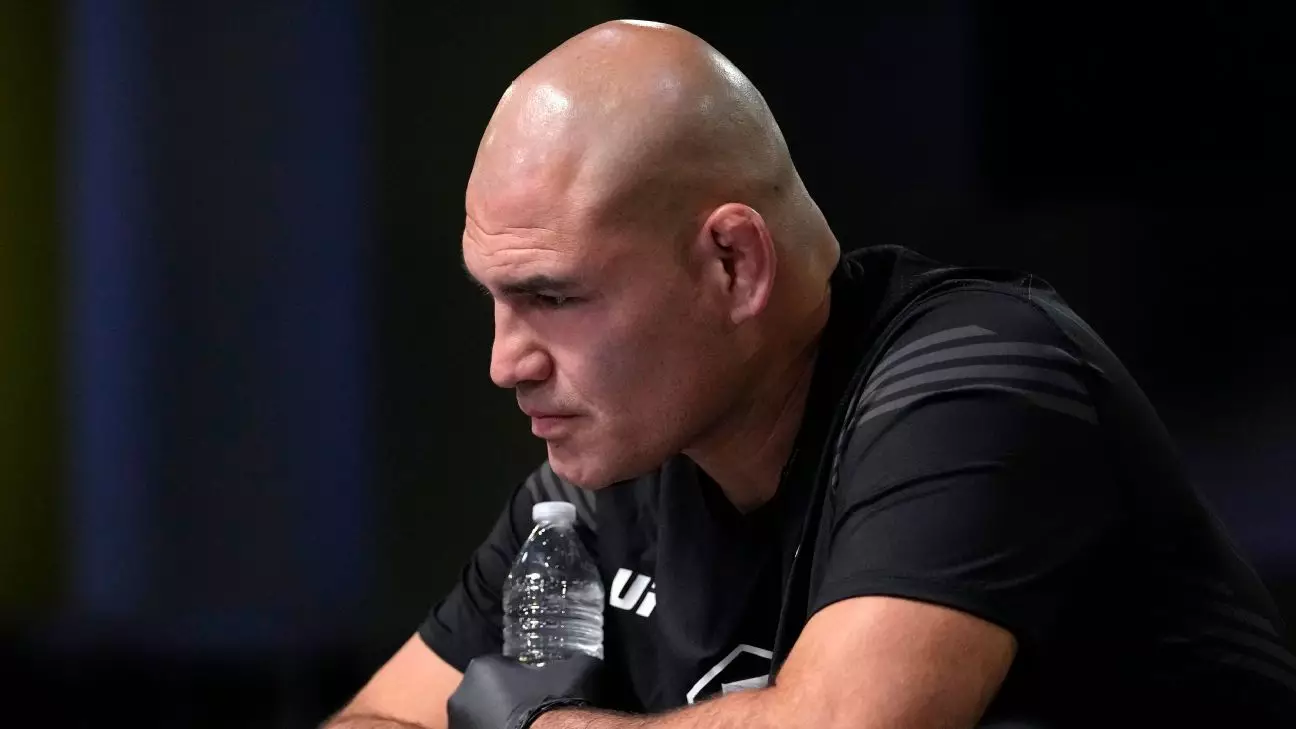Cain Velasquez, a name that once resonated with glory and strength in the UFC, has found himself facing the daunting consequences of a tragic and regrettable moment that forever altered the trajectory of his life. Sentenced to five years in prison for his involvement in a shooting incident, Velasquez has transitioned from the pinnacle of success to a figure emblematic of the personal turmoil that can arise from unchecked emotions. The implications of his actions extend far beyond the walls of the courtroom, exposing the vulnerabilities that even champions can experience.
The Incident: A Father’s Desperation
The events that unfolded on February 28, 2022, are nothing short of harrowing. Velasquez’s pursuit of justice for an alleged crime against his young son led him down a path shadowed by desperation. Armed with a .40-caliber handgun, he allegedly chased down the vehicle of his son’s accused molester, engaging in an 11-mile car chase that culminated in gunfire. Tragically, it was not the alleged perpetrator who bore the brunt of Velasquez’s rage, but rather his stepfather, Paul Bender, who was struck and injured in the crossfire.
The gravity of such an act raises critical questions about the boundaries of parental instinct and the law. While Velasquez’s motivation stems from a visceral desire to protect his child, the means by which he sought to achieve this end reflects a failure to navigate the complexities of justice and morality.
A Moment of Reflection and Accountability
In his recent interviews, Velasquez has publicly acknowledged the gravity of his actions, exemplifying rare introspection for a figure accustomed to the spotlight. “We cannot put the law in our own hands,” he stated, suggesting an understanding of the dangers inherent in his approach. This public admission of wrongdoing serves as a poignant reminder that even those heralded as heroes can falter profoundly. Velasquez’s willingness to take responsibility for the risks his decisions posed to innocent lives reveals a depth of character that is often overshadowed by his earlier triumphs within the arena.
The concept of redemption looms large in this narrative, and while a prison sentence of five years serves as a form of accountability, the emotional scars on all those involved—especially Velasquez’s son—persist indefinitely.
The Broader Societal Implications
Velasquez’s case highlights an urgent dialogue about the intersection of crime, justice, and the emotional weight carried by parents who feel helpless in the face of their children’s victimization. It prompts society to grapple with the struggles surrounding vigilantism and the invocation of justice in a system that can often feel inadequate. The vigilant struggle for safety and protection for one’s children can lead to ethically complicated decisions, raising the question: when do the ends justify the means?
As Velasquez prepares for the next chapter of his life behind bars, the broader narrative is one of a man wrestling with his own demons—a tragic yet enlightening tale that serves as a cautionary tale for parents and individuals alike about the importance of restraint in the face of profound emotional crises.


Leave a Reply